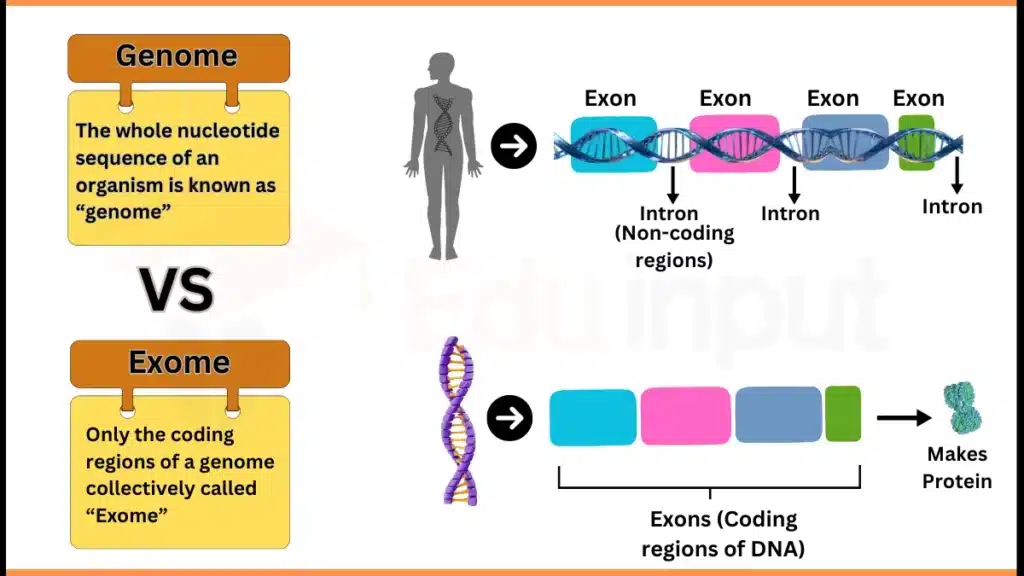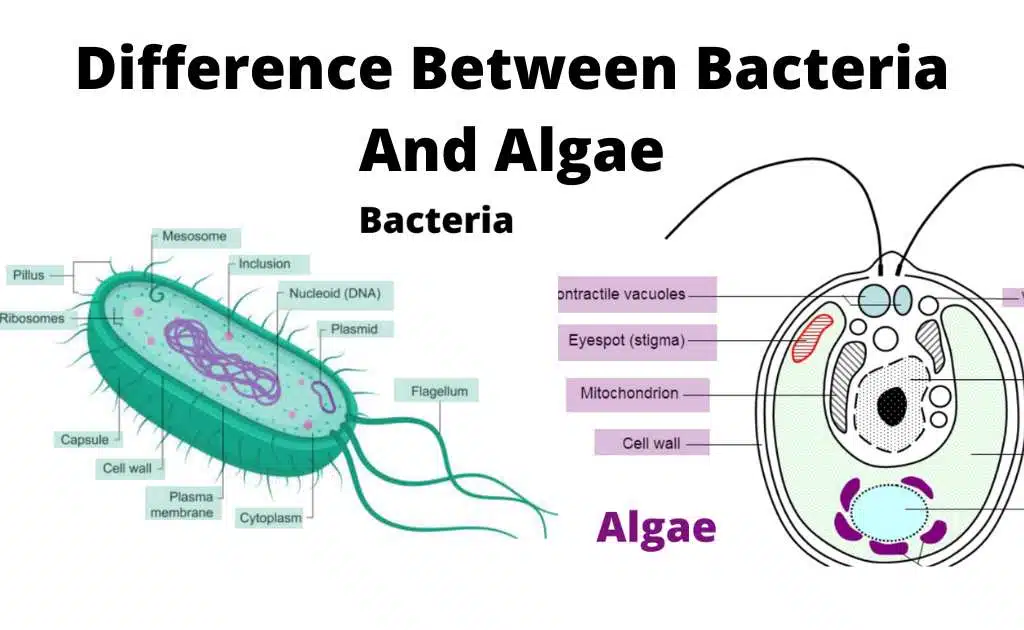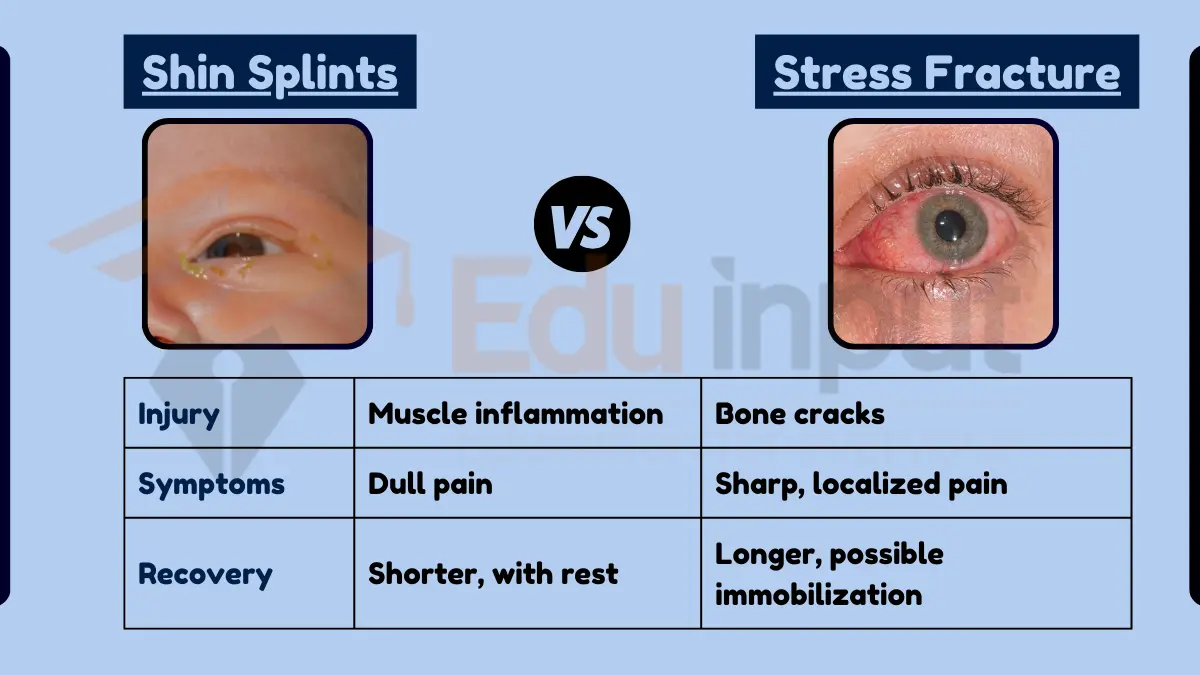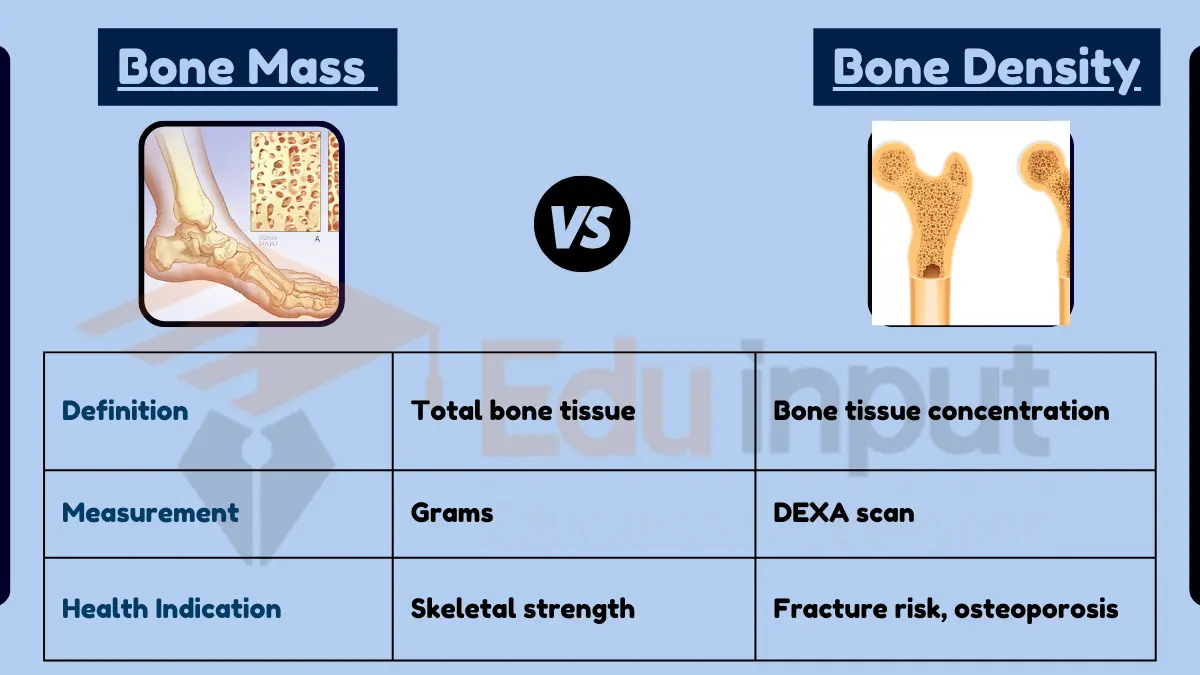Difference between Genome and Exome
November 3, 2024
The main difference between Genome and Exome is the difference of their composition and genetic makeup. Genome is the whole genetic information of an organisms while Exome is only the coding part of genome.
Genome contains all the information that is important for an organism’s development and structure. While it’s important to study exome because most of the complex diseases occur due to mutations in exons.

Genome Vs Exome
Here are the key differences between Genome and Exome:
| Characters | Genome | Exome |
| Definition | Complete genetic code of an organism is known as Genome. It includes both coding and non-coding regions of DNA. | Parts of genome that code for proteins i.e. exons, collectively called Exome. |
| Size | Entire genetic material | It consists of 1-2% of whole genome. |
| Composition | Includes both coding (genes) and non-coding parts of DNA | Only coding regions (exons) |
| Sequencing Scope | Provides full genetic information | Limited to protein-coding information |
| Analysis time | Requires longer time | Shorter analysis time |
| Applications | Studying evolutionary history and genetic variants, understanding complex diseases | Diagnosing genetic disorders, Identifying disease-causing mutations, predicting drug response |
File Under:






Leave a Reply